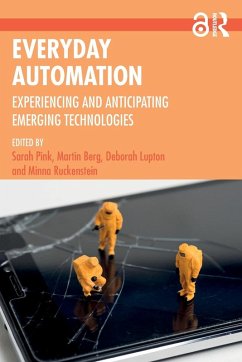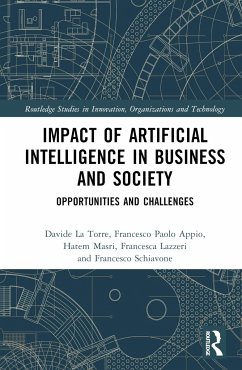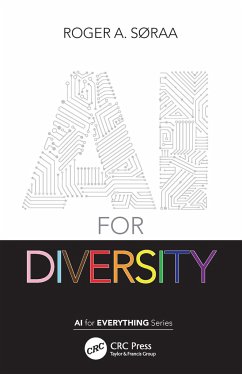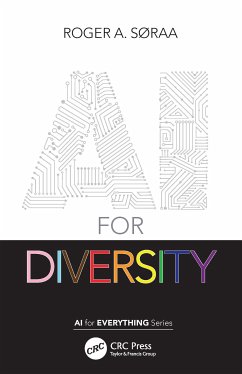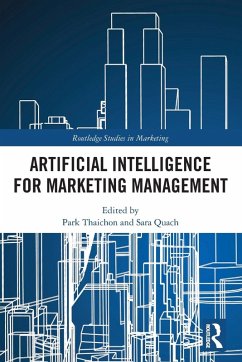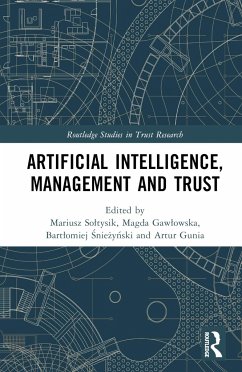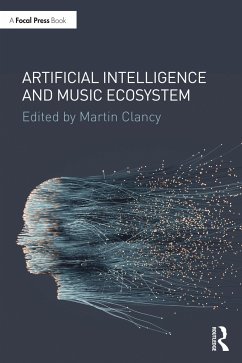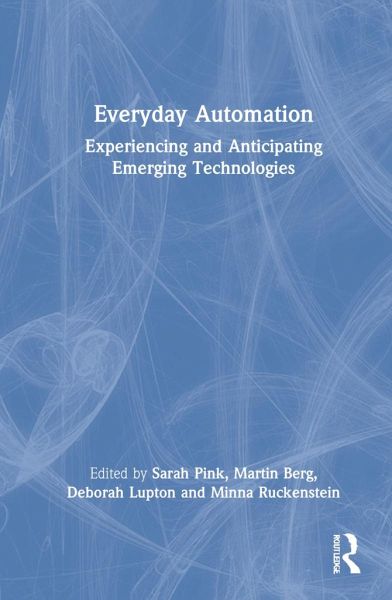
Everyday Automation
Experiencing and Anticipating Emerging Technologies
Herausgegeben: Pink, Sarah; Berg, Martin; Lupton, Deborah; Ruckenstein, Minna
Versandkostenfrei!
Versandfertig in 6-10 Tagen
154,99 €
inkl. MwSt.

PAYBACK Punkte
77 °P sammeln!
This Open Access book brings the experiences of automation as part of quotidian life into focus. It asks how, where and when automated technologies and systems are emerging in everyday life across different global regions? What are their likely impacts in the present and future? How do engineers, policy makers, industry stakeholders and designers envisage artificial intelligence (AI) and automated decision-making (ADM) as solutions to individual and societal problems? How do these future visions compare with the everyday realities, power relations and social inequalities in which AI and ADM ar...
This Open Access book brings the experiences of automation as part of quotidian life into focus. It asks how, where and when automated technologies and systems are emerging in everyday life across different global regions? What are their likely impacts in the present and future? How do engineers, policy makers, industry stakeholders and designers envisage artificial intelligence (AI) and automated decision-making (ADM) as solutions to individual and societal problems? How do these future visions compare with the everyday realities, power relations and social inequalities in which AI and ADM are experienced? What do people know about automation and what are their experiences of engaging with 'actually existing' AI and ADM technologies? An international team of leading scholars bring together research developed across anthropology, sociology, media and communication studies and ethnology, which shows how by rehumanising automation, we can gain deeper understandings of its societal impacts.
The Open Access version of this book, available at http://www.taylorfrancis.com, has been made available under a Creative Commons Attribution-Non Commercial-No Derivatives 4.0 license
The Open Access version of this book, available at http://www.taylorfrancis.com, has been made available under a Creative Commons Attribution-Non Commercial-No Derivatives 4.0 license



